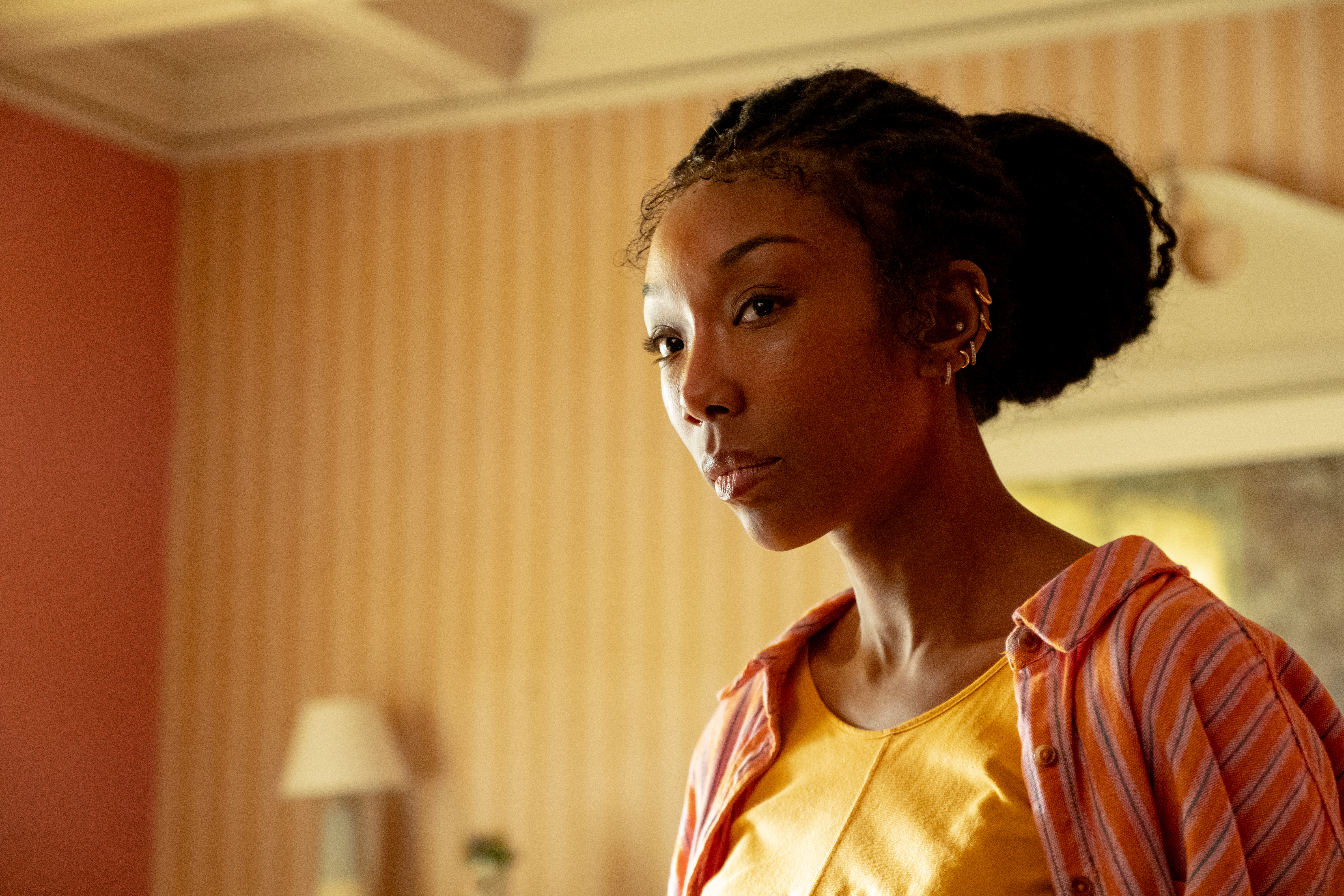Is America witnessing a black TV & film renaissance?

Saturday, November 12, 7.5 million viewers tuned into Dave Chappelle’s edition of “Saturday Night Live.” The show, which featured musical guests A Tribe Called Quest, generated its largest adult 18-49 rating since December 2013. Less than a week later, news would surface of a $60 million Netflix deal for the return of Chappelle in three unreleased projects.
Just two days after Chappelle’s big debut, we would learn of Issa Rae’s “Insecure” being renewed for a second season. Before that, it was “Atlanta” and Ava Duvernay’s “Queen Sugar.” These three projects alone have been enough to spark very important conversations in Black America, but they’re not alone.
–‘Insecure’ makes black women ask the hard questions–
With the surge in film projects starring, produced and/or directed by African-Americans, are we witnessing a black film renaissance before our very eyes?
This year alone, we’ve seen the release of black films such as Queen of Katwe, Moonlight, Miles Ahead, Race, Southside With You and the very controversial Birth of a Nation. There’s also the increased presence of black television shows with “Power,” “How To Get Away With Murder” and “Black-ish,” to name a few.
Popular Buzzfeed actress Quinta B has launched her own show “Broke” on YouTube Red, and former “Degrassi” star Andrea Lewis birthed a much-needed dialogue on black women in the media in cities such as New York, Los Angeles and Chicago. And let’s not forget the continued and growing popularity of online media platforms such as Black & Sexy TV.
We’ve also seen the growth of Diddy’s Revolt TV, which has expanded to DirecTV December 2015, and Magic Johnson’s Aspire TV, which recently launched the web series #TheGraduatesNYC, highlighting the life of HBCU graduates after college.
We’re everywhere.
In 2016, shows like “Atlanta,” “Queen Sugar” and “Insecure” have challenged our views on masculinity, homophobia, intersectionality, mental health, black identity, double standards in dating, black ownership, code-switching and white fragility. They’ve also managed to do this while being unapologetically black.
And while the aforementioned shows are being discussed in our newsfeeds daily, we’d be remiss to not mention the prominent rise of black nerd culture, often dubbed “Blerd.” We’ve recently seen a rise of black characters playing historical comic book characters in projects such as Mike Culter in Netflix’s “Luke Cage” and the all-Black cast of Black Panther featuring the likes of Michael B. Jordan, Lupita N’ yongo, Danai Gurira, and newly added Angela Bassett. Oh, and let’s not forget John Boyega’s amazing job in Star Wars.
–Hollywood finally embraces what it means to be black and awkward–
What specifically makes this era of black films so important is not simply the mere presence of black actors but also our representation behind the scenes.
There’s Ava Duvernay, Melina Matsoukas, F. Gary Gray, Ryan Coogler and so many others who are making an impact behind the scenes to make sure black people are represented the right way on the big screen. With such talent at the forefront of the industry, it’s hard not to notice the rising prominence of black consciousness in film, whether we’re awarded or not.
As the African-American buying power continues to rise to nearly $1.4 trillion dollars, it is now more important than ever for us to support our own films. And while many have had very opinionated thoughts on films such as Birth of A Nation, it shows that there is room for both consciousness and accountability within our community. Wanting to see our own succeed while also wanting to hold our own accountable for their actions can both exist, as long as we continue to have progressive and often uncomfortable dialogue.
While there’s no guarantee of what the future may bring for black media, my gut tells me things will only get better from here.
Mike “Orie” Mosley is a contributor on CurlyNikki.com and TheGrio.com from St. Louis. He holds a Bachelor of Arts in Arts, Entertainment & Media Management from Columbia College Chicago and a Masters in Higher Education Administration from LSU. You can follow him on Twitter @mike_orie or on Instagram @mikeorie.
More About:Entertainment









